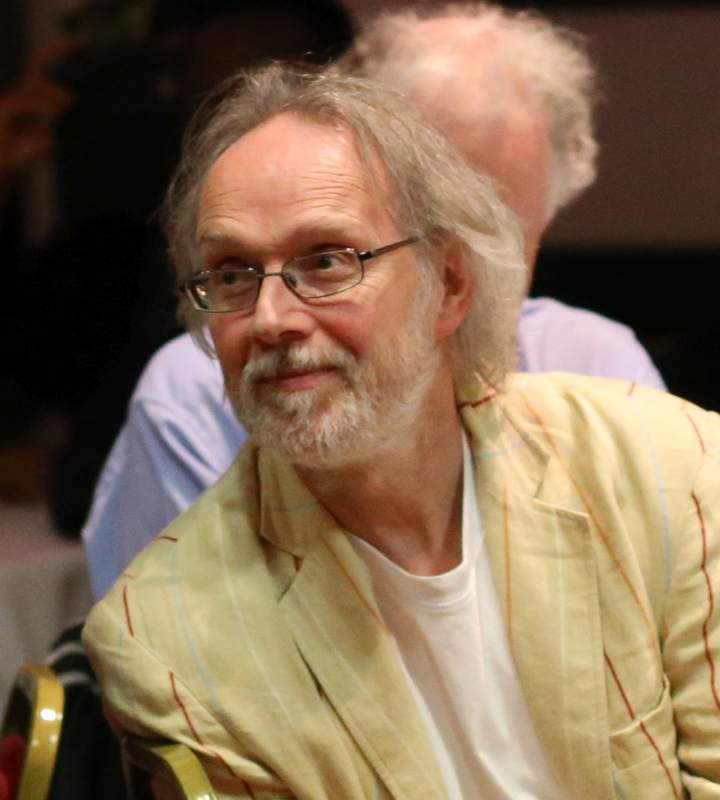Policy-Making Around Children’s Wellbeing Has Been Halfhearted, Contradictory And Chronically Short-Termist

Let’s have an informed public and professional debate about the issues threatening our children’s wellbeing, argues Richard House…

- by Richard House
- Early years campaigner, chartered psychologist & educational consultant

Just before last Christmas, Sue Palmer and I, in conjunction with Dr Sharie Coombes, organised a 10-year anniversary press letter to mark the publication of our first ‘toxic childhood’ press letter from 2006.
Signed by the likes of Susie Orbach, Susan Greenfield, Lord Richard Layard and Philip Pullman, our new letter argued that since 2006, policy-making around children’s wellbeing has been halfhearted, fragmented, contradictory and chronically short-termist.
With children’s mental health problems approaching epidemic levels and physical health problems (eg obesity) relentlessly escalating, we predict major deleterious consequences for societal wellbeing for the foreseeable future, if nothing serious is done to address the problems of ‘technological hyper-modernity’ and ‘the march of the inhuman’, as philosopher Jean-Francois Lyotard termed it.
In our letter we urged government to develop a coherent, well-funded kindergarten stage (3-7 year olds) emphasising social and emotional development and outdoor play; national guidelines on screen-based technology for 0-12 year olds, produced by recognised authorities; and a cabinet-level ‘minister for children’ auditing all government policies for their impact on children. We also advocated a non party-political Standing Conference on Children’s Health and Well-being, meeting and reporting regularly to Parliament.
Our letter was misleadingly titled ‘Screen-based lifestyle harms children’s health’ by the newspaper, which didn’t remotely reflect the range and subtlety of our arguments about ‘toxic childhood’ syndrome. This was highly unfortunate, allowing our opponents to position our arguments in a one-sided, misleading way, focusing predominantly on screen time in a way that we didn’t.
As I write, our letter has been shared nearly 4,000 times, and the accompanying Guardian report over 7,000 times.
In early January 2017, another multiply signed Guardian letter appeared, taking issue with ours, and mysteriously allowing readers’ comments to be added to the website – a facility not afforded to our own letter.
Titled ‘Screen time guidelines need to be built on evidence, not hype’, this new letter argued that an important debate about screen time is indeed necessary, but that it needs quality research and evidence supporting it.
Trending
The letter refers to “moral panic about the impact of new technologies on our behaviour and development”, “writing for fear”, a “simplistic approach to issues facing childhood”, and “hyperbole and opinion” – clearly condemnatory allusions to our own letter. Its authors further wrote, “Divisive and scaremongering rhetoric that takes a casual approach to evidence is unhelpful and… damaging”.
The letter writers play the expertise card in their self-promoting claim to be “a group of scientists from different countries and academic fields with research expertise and experience in screen time, child development and evidence-based policy”. They are, they maintain, “deeply concerned by the underlying message of [our] letter”, arguing that “quality research and evidence to support these claims and inform any policy is required”.
Incredibly, the ‘experts’ claim that “the concept of ‘screen time’… is simplistic and arguably meaningless, and the focus on the amount of screen use is unhelpful”. And they further claim there to be “no consistent evidence that more screen time leads to less outdoor play”.
To reiterate, contrary to the false positioning of our opponents, our own letter covered a far wider field than just screen time. Moreover, there are all manner of problems with the claims in this allegedly ‘science-based’ letter. Not least, its authors are clearly wedded to a positivistic view of research that privileges empirical research grounded in a materialistic metaphysics, completely ignoring the spiritual and philosophical-existential dimensions of such technologies and of hyper-modernity more generally.
But let’s have a full public and professional engagement on these crucial cultural questions by debating the respective merits of the cases made by these two press letters – in university early childhood departments and nursery discussion groups, for example. We might then be able to generate some cultural momentum about, and serious interest in, an issue which seems to generate massive cultural resistance to addressing in anything approaching an informed, systematic way.
Richard House is an early years campaigner and a chartered psychologist, as well as a former psychotherapist, early childhood university lecturer and Steiner Kindergarten teacher.










